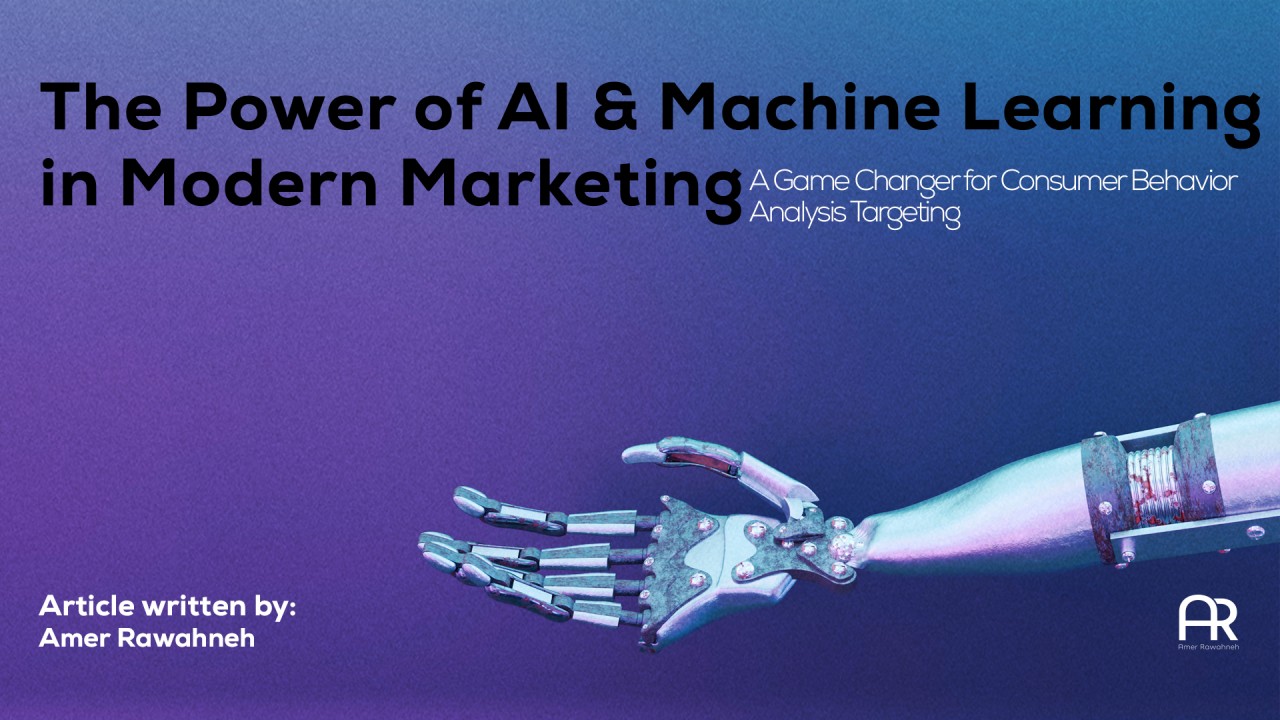
In the digital age, the way businesses understand and interact with consumers has undergone a dramatic transformation. Artificial Intelligence (AI) has emerged as a game-changer in consumer behavior analysis, enabling companies to gain unprecedented insights into customer preferences and trends. This article delves into how AI is revolutionizing consumer behavior analysis, highlighting the latest trends and innovations that are shaping the future of marketing and business strategy.
Understanding Consumer Behavior with AI
Consumer behavior analysis involves studying how individuals make purchasing decisions and how they interact with brands. Traditionally, this analysis relied on surveys, focus groups, and historical sales data. However, these methods often fell short in capturing real-time data and nuanced consumer sentiments. AI has introduced a new paradigm in this field, offering advanced tools and techniques to enhance the accuracy and depth of consumer insights.
The Role of AI in Consumer Behavior Analysis
1. Enhanced Data Collection and Processing
One of the most significant advantages of AI in consumer behavior analysis is its ability to process vast amounts of data quickly and efficiently. AI algorithms can analyze data from multiple sources, including social media, online reviews, and transaction records, to identify patterns and trends that might be missed by traditional methods. This capability allows businesses to gain a comprehensive understanding of consumer preferences and behaviors in real-time.
2. Predictive Analytics
AI-powered predictive analytics is transforming how businesses forecast consumer behavior. By leveraging machine learning algorithms, companies can analyze historical data to predict future trends and customer actions. For example, AI can identify patterns in purchasing behavior, such as the likelihood of a customer making a repeat purchase or responding to a promotional offer. This information enables businesses to tailor their marketing strategies and optimize their sales approaches.
3. Personalization and Targeting
Personalization has become a crucial element of modern marketing, and AI is at the forefront of this trend. AI algorithms can analyze individual consumer data to deliver highly personalized experiences and recommendations. For instance, streaming services like Netflix and Spotify use AI to suggest content based on users’ viewing or listening history. Similarly, e-commerce platforms employ AI to recommend products based on past purchases and browsing behavior. This level of personalization enhances customer satisfaction and drives higher engagement and conversion rates.
4. Sentiment Analysis
Understanding consumer sentiment is essential for businesses to gauge public perception and respond to feedback effectively. AI-powered sentiment analysis tools can analyze text data from social media posts, reviews, and customer feedback to determine the overall sentiment towards a brand or product. This analysis helps companies identify potential issues, address customer concerns, and improve their offerings based on real-time feedback.
Latest Trends and Innovations in AI-Driven Consumer Behavior Analysis
1. Natural Language Processing (NLP)
Natural Language Processing (NLP) is a branch of AI that focuses on the interaction between computers and human language. NLP enables machines to understand and interpret human language, making it a valuable tool for analyzing consumer feedback and reviews. By using NLP, businesses can extract valuable insights from unstructured text data, such as identifying key themes, sentiments, and emerging trends.
2. AI-Powered Chatbots
AI-powered chatbots have become an integral part of customer service and engagement. These virtual assistants use AI to interact with customers, answer queries, and provide personalized recommendations. Chatbots can analyze customer interactions to gather insights into preferences and behaviors, helping businesses improve their services and tailor their marketing strategies.
3. Behavioral Analytics
Behavioral analytics involves analyzing user behavior across various touchpoints to understand their journey and preferences. AI enhances this analysis by providing real-time insights into user interactions, such as website clicks, app usage, and social media engagement. By analyzing this data, businesses can identify patterns and optimize their digital experiences to better meet customer needs.
4. AI in Customer Journey Mapping
Customer journey mapping is a process that involves visualizing the steps a customer takes from initial contact to final purchase. AI can enhance this process by analyzing data from multiple touchpoints to create detailed and dynamic customer journey maps. This approach allows businesses to understand how customers interact with their brand across different channels and identify opportunities for improvement.
Challenges and Considerations
While AI offers significant benefits in consumer behavior analysis, it also presents challenges that businesses must address. Privacy concerns and data security are critical issues, as AI relies on extensive data collection. Companies must ensure that they comply with data protection regulations and transparently communicate their data practices to customers.
Additionally, businesses should be mindful of algorithmic biases that may affect AI-driven insights. Ensuring that AI models are trained on diverse and representative data sets can help mitigate these biases and provide more accurate and equitable analysis.
Conclusion
Artificial Intelligence is revolutionizing consumer behavior analysis by offering advanced tools and techniques that enhance data collection, prediction, personalization, and sentiment analysis. The latest trends and innovations, such as Natural Language Processing, AI-powered chatbots, behavioral analytics, and customer journey mapping, are transforming how businesses understand and interact with their customers. As AI continues to evolve, it will undoubtedly play an increasingly vital role in shaping marketing strategies and driving business success. By embracing AI-driven insights and addressing associated challenges, companies can stay ahead of the curve and deliver exceptional customer experiences.













